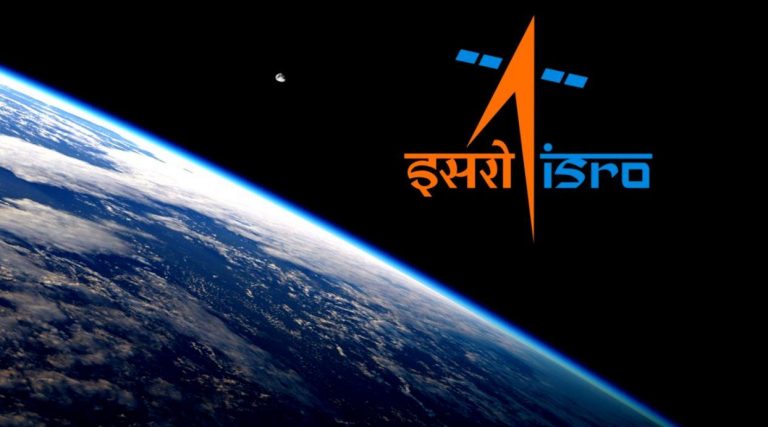The eminent space scientist G. Madhavan Nair has argued that India should aim to master reusable rocket technology, boost international marketing, and learn from SpaceX’s business model Elon Musk, to take full advantage of space potential.
The former President of the Indian Space Research Organization (ISRO) stated that it has a huge scope for launching international satellites and providing worldwide services related to space. “We (India) have fundamental technology, earth observation capability, and communications platforms. But in worldwide marketing, we lost the chance, “Nair told PTI.
India provides Satellite at a 30% to 40% cheaper price than foreign pricing, according to him. India offers satellite launch services. “To capture more and more launchings from nations that do not have this capacity of course exists,” he said. “So, you have to go aggressively there and get that market share.” Musk said space technology was revolutionized by moving to the reusable launch car system.
“For the last 15-20 years, India (reusable launch vehicle) has been talking about this, but we didn’t make any progress in it,” said Nair. “We cannot eliminate the (space transport) cost if we do not use recoverable and reusable launch systems. This is a field that needs a boost “There was a mistake.
In space, where technology is changing quickly — in earth monitoring and communication and launch services, India cannot be complacent, he said. There have been many ideas and principles, and India wants to keep them up to date. “We’ll lag behind if we don’t make use of these possibilities. It will not help us to live on the previous glory, “He said. He added. Communication areas like the higher band and digital connectivity require a lot of technological development in which India cannot, he said pump resources.
Nair applauded Musk for its leadership, vision, and technological innovations, and said that India should learn from its business plan. He said Musk’s life story reminds him of his early work days when Vikram Sarabhai, considered the father of the space program of India, had the dream of motivating young people to make additional efforts to achieve the goal. “Today, however, there is no such thing and more bureaucratic supervision comes in,” said Nair.

